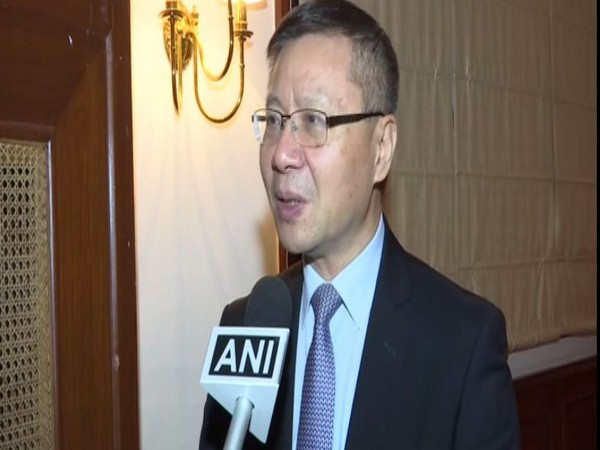Not joining RCEP a mistake by India, says Chinese professor
India's decision of not joining Regional Comprehensive Economic Partnership was a mistake, a Chinese academic has said, noting that RCEP was a great idea.

- Country:
- India
India's decision of not joining Regional Comprehensive Economic Partnership was a mistake, a Chinese academic has said, noting that RCEP was a great idea. "RCEP is a great idea, don't need to be frightened by it. I remember when we discussed the idea why India preferred to stay outside RCEP, I think it is a mistake," Professor Zhang Weiwei, Director of China Institute in Fudan University, told ANI here.
Zhang, who is heading a high-level think tank delegation visiting India, made the remarks on the sidelines of an interactive session organised by the Chinese Embassy on China-India relations. The RCEP is free trade agreement (FTA) between the ten member states of ASEAN and FTA partners.
"There is a phase-out approach. Gradually reduce tariff and to that extent that area becomes more internationally competitive. You move up in international value chain. India should be more courageous in opening up and reform," Zhang said. Echoing the similar sentiments, Zhu Caihua, deputy director, Institute of Foreign Trade in China, said the decision can be a great loss for India because RCEP actually provided a very good opportunity for India to be integrated regional production and would have helped speed up industrialisation and move up in the global value chain.
"I think the decision will make India lose opportunity to help its local enterprises to grow. China's history has shown us that only competition will make companies stronger and greater. Protection will never create great companies," she said. Early this month, India had announced that it will not join RCEP agreement as its key concerns were not addressed.
The key issues behind India's decision included inadequate protection against import surge, insufficient differential with China, possible circumvention of rules of origin, keeping the base year as 2014 and no credible assurances on market access and non-tariff barriers. (ANI)
(This story has not been edited by Devdiscourse staff and is auto-generated from a syndicated feed.)
- READ MORE ON:
- Zhang Weiwei
- India
- RCEP
- Chinese
- Fudan University
ALSO READ
World Bank projects Indian economy to grow at 7.5% in 2024
World Bank projects India's growth to reach 7.6% in FY 23-24
"Today's action painting the canvas of tomorrow...": India's top diplomat highlights Akshaya Patra initiative at UN
Adani Green Energy becomes India's first to surpass 10,000 MW renewable energy
World Bank projects India's growth to reach 7.5 % in FY 23-24










